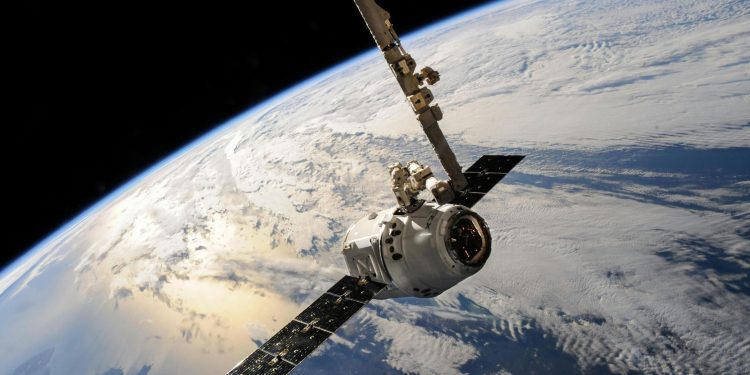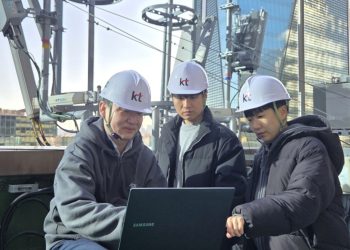Samsung Group is taking early steps into the space industry, with its construction arm Samsung C&T Corp. launching initial research and development on a “space plant” project. The plan includes building key infrastructure such as a rocket launch facility, signaling the tech giant’s ambition to tap into the fast-growing global space economy.
According to industry insiders, Samsung C&T is reportedly in talks with Seoul National University’s Aerospace Engineering Department to establish a research and development center dedicated to launch infrastructure. This initiative comes shortly after Samsung Electronics’ research arm brought on board its first group of space specialists.
The move follows Samsung Research’s historic hiring of space experts earlier this year — a first for the company — highlighting a broader shift in the conglomerate’s long-term strategy. Industry observers say this signals a serious push to explore the space economy as a new growth driver, particularly in infrastructure such as launch pads and satellite components.
Experts believe the space sector holds major promise for South Korea, especially as it seeks to close the gap with global space powers. According to Park Hyeong-jun, a professor of aerospace engineering at Seoul National University, South Korea is well-positioned to apply its expertise in semiconductors, nuclear energy, and offshore construction to the space sector. He noted that these existing strengths could help the country carve out a competitive edge in space infrastructure.
On May 7, Samsung signed an agreement with the Korea Astronomy and Space Science Institute to co-develop secondary payloads for a CubeSat, known as K-Rad Cube. This satellite is scheduled to be part of NASA’s Artemis II mission. As part of the collaboration, Samsung plans to test its next-gen semiconductors in the harsh, high-radiation environment of high Earth orbit.
Beyond electronics, Samsung has deep experience in large-scale infrastructure. Its Heavy Industries arm is among the world’s top shipbuilders and has completed advanced offshore projects, including arctic vessels and deep-sea platforms. This background could support the group’s foray into space by leveraging capabilities from across its industrial divisions to build launch facilities and related infrastructure.
South Korea’s Defense Acquisition Program Administration recently announced plans to localize five categories of space defense semiconductors, including MMICs and gyroscopic sensors, to enhance local capabilities for satellites and next-generation fighter jets.
While other nations, such as Taiwan and the UK, are also pursuing launch site ambitions, experts suggest that South Korea may hold an edge due to its background in constructing high-rise buildings and complex industrial plants. With support from the government and academic institutions, such as Seoul National University, Samsung is expected to play a significant role in South Korea’s efforts to become a serious contender in the space economy.







